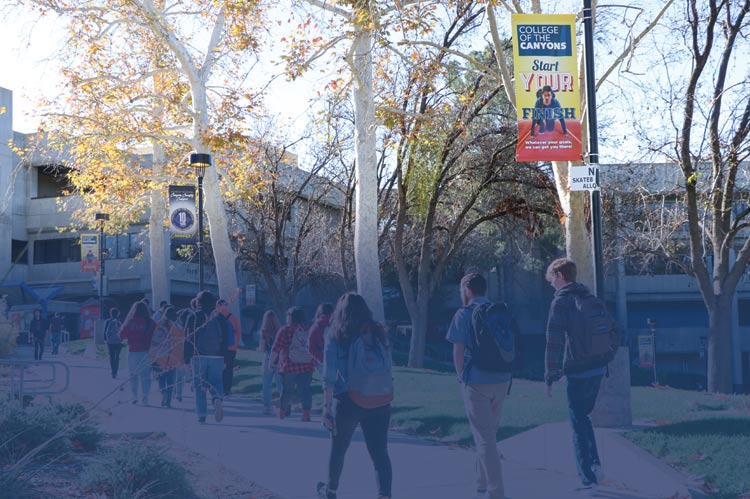Labor Laws
Seven New Labor Law Rules
According to the Fair Labor Standards Act, the following test applies to Unpaid Interns and Students:
Courts have used the primary beneficiary test to determine whether an intern or student is, in fact, an employee under the FLSA.2 In short, this test allows courts to examine the economic reality of the intern-employer relationship to determine which party is the primary beneficiary of the relationship. Courts have identified the following seven factors as part of the test:
- The extent to which the intern and the employer clearly understand that there is no expectation of compensation. Any promise of compensation, express or implied, suggests that the intern is an employee and vice versa.
- The extent to which the internship provides training that would be similar to that which would be given in an educational environment, including the clinical and other hands-on training provided by educational institutions.
- The extent to which the internship is tied to the interns formal education program by integrated coursework or the receipt of academic credit.
- The extent to which the internship accommodates the interns academic commitments by corresponding to the academic calendar.
- The extent to which the internships duration is limited to the period in which the internship provides the intern with beneficial learning.
- The extent to which the interns work complements, rather than displaces, the work of paid employees while providing significant educational benefits to the intern.
- The extent to which the intern and the employer understand that the internship is conducted without entitlement to a paid job at the conclusion of the internship.
For more details and citations, please review this "Fact Sheet #71" published January 2018 by the U.S. Department of Labor, Wage and Hour Division.


